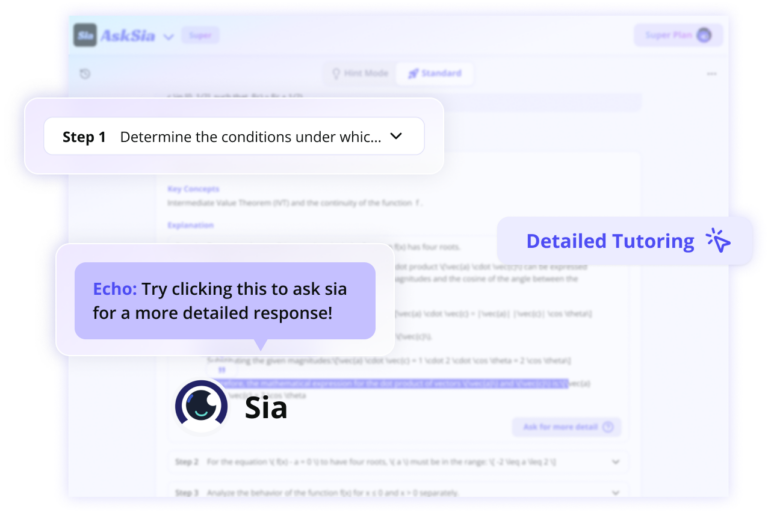An astronomy tutor can significantly improve your understanding by providing personalized explanations, breaking down complex concepts, and offering practical examples. They can help you grasp difficult topics like cosmology, astrophysics, and celestial mechanics, while also assisting with homework, exam preparation, and research projects.
Yes, online astronomy tutoring sessions can be just as effective as in-person sessions. With advanced technology, tutors can share visual aids, simulations, and interactive models to explain astronomical concepts. Online sessions also offer greater flexibility in scheduling and access to a wider pool of expert tutors.
Look for tutors with a strong academic background in astronomy, astrophysics, or related fields. Ideal qualifications include a degree in astronomy or physics, teaching experience, and familiarity with current astronomical research and discoveries. Some tutors may also have professional experience working in observatories or research institutions.
The frequency of tutoring sessions depends on your individual needs and goals. Generally, weekly sessions are recommended for consistent progress. However, you may benefit from more frequent sessions before exams or when tackling particularly challenging topics in your astronomy coursework.
Yes, many astronomy tutors specialize in specific areas of study. Whether you need help with cosmology, planetary science, stellar evolution, or any other astronomical topic, you can find tutors with expertise in these areas. Be sure to communicate your specific needs when selecting a tutor.
The cost of astronomy tutoring varies widely depending on the tutor’s qualifications and experience. On average, rates can range from $30 to $100 per hour. Some platforms offer more affordable options, with prices starting as low as $10 per hour. Many tutors also offer package deals or discounts for regular sessions.
Yes, astronomy tutoring can be valuable for test preparation and college admissions. Tutors can help you prepare for astronomy-related portions of standardized tests, assist with college application essays focused on astronomy, and provide guidance on pursuing astronomy in higher education. They can also help you develop a strong foundation in related subjects like physics and mathematics.











